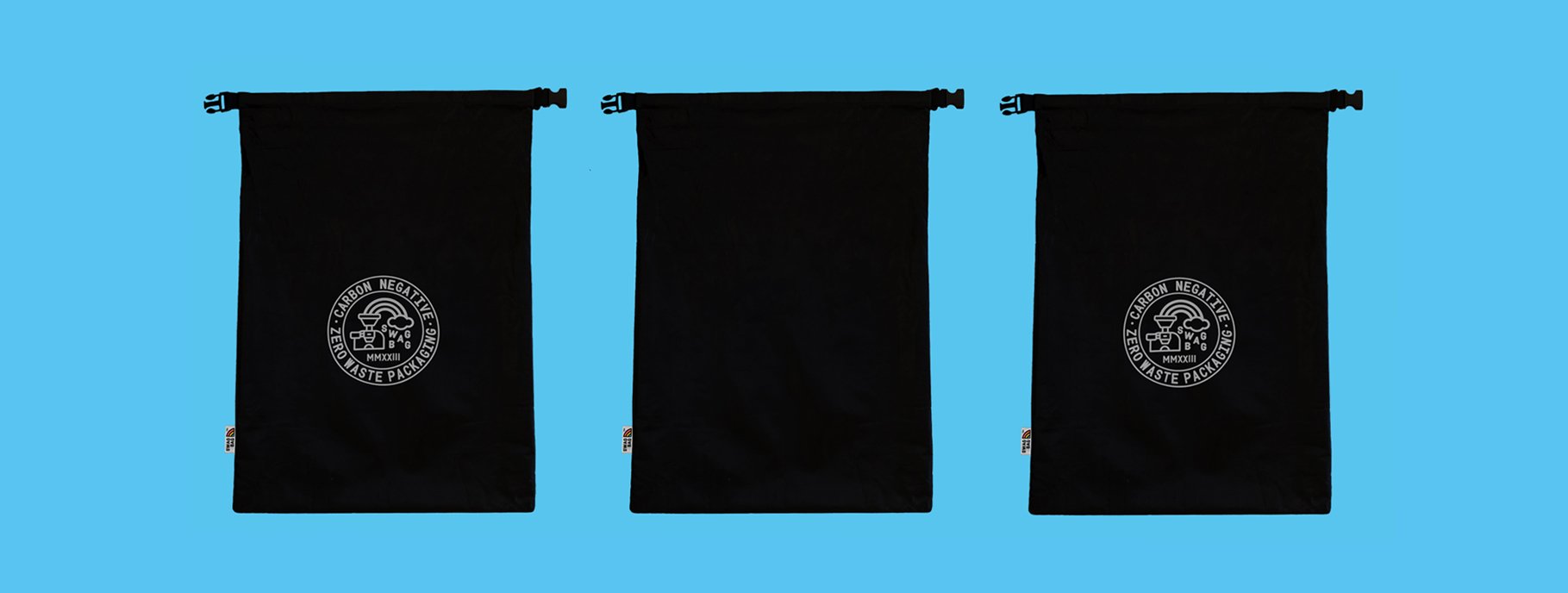
MAKE IT WELL
MAKE IT SUSTAINABLE
MAKE IT LAST
What IS Sustainable PACKAGING?
This question has caused some serious confusion in recent years. With so much conflicting and misleading information out there concerning the efficacy of recyclable and compostable materials, we’ve tried to shed a little light on the subject.
CHECK YOUR PACKAGING IMPACT
-
Unfortunately, compostable plastics likely create more environmental problems than they solve. In fact, compostable packaging has been shown to produce almost twice the global warming impact of traditional plastics.
One problem with bio-plastics is that the vast majority simply end up in landfill. Even when consumers try to dispose of them correctly, the majority can only be composted in industrial facilities. This means they're unable to break down in home composts, which won't reach sufficient temperatures. Even plastics … CONTINUE
-
Whilst recyclable materials are probably better than some of the ‘green washed’ compostable alternatives, they’re still an entirely unsustainable solution.
The first, and often overlooked, reason why recyclable packaging isn’t sustainable, is that very few materials can be endlessly recycled. Recycling paper, for instance, involves multiple stages of shredding, pounding, soaking and heating in order to turn it into the fibers we use to produce new paper. These fibers get a little shorter every time they go through that process … CONTINUE
-
Firstly, while carbon offsetting certainly isn't a bad thing for the environment, it does nothing to offset your production of waste and its associated environmental impacts. As far as carbon footprints are concerned, It's a bit like kicking the proverbial can down the road. Net-zero pledges based on carbon 'offsets' are simply no substitute for a reduction in emissions.
Planting trees and developing renewable energy are all great things, but they don’t actually 'offset' the emissions to which they are supposably linked … CONTINUE
-
As the world's second largest trading commodity (25% of for which is consumed in cafes), coffee packaging is responsible for a massive, and largely unnecessary, contribution to single-use plastics and their associated Co2 emissions.
Ultimately, what makes all single-use packaging fundamentally unsustainable, be it recyclable or compostable, is the inexorable impacts tied to the cultivation of its raw materials. The production of any raw materials, regardless of their origin, only to be used once and thrown away is … CONTINUE

